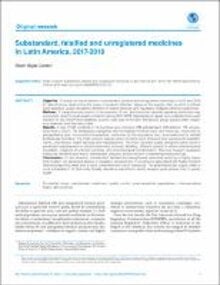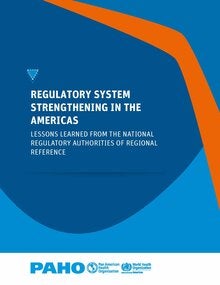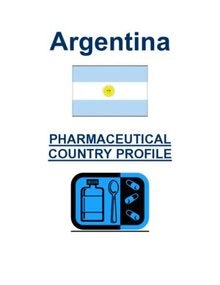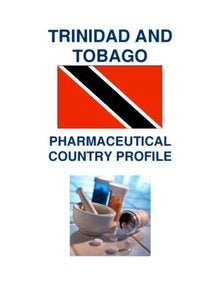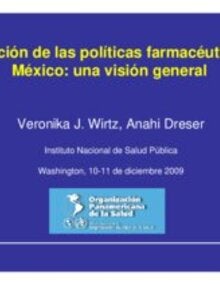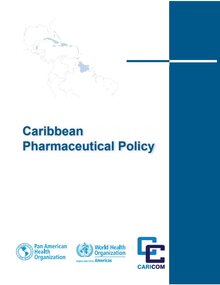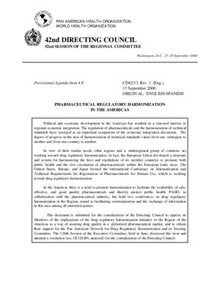A national drug policy, presented and printed as an official government statement, is important because it acts as a formal record of aspirations, aims, decisions and commitments. Without such a formal policy document there may be no general overview of what is needed; as a result, some government measures may conflict with others, because the various goals and responsibilities are not clearly defined and understood. The policy document should be developed through a systematic process of consultation with all interested parties. In this process the objectives must be defined, priorities must be set, strategies must be developed and commitment must be built.
Fact sheet
- Medicines play a major role in protecting, maintaining and restoring people’s health. Continuous provision of appropriate medicines of assured quality, in adequate quantities and at affordable prices is a concern for all national governments.
- There is a general need for medicine policies based on universal principles but nevertheless adapted to the national situation of a country, to meet the health needs of different populations.
- A national medicines policy (NMP) helps to identify strategies to meet these objectives, as it provides a comprehensive framework for the development of all components of the national pharmaceutical sector with a future perspective of 10 years to adapt to the changing environment, combined with monitoring and periodic reviews
- The final content of an NMP will vary among countries, as it is dependent upon cultural and historical factors, including a country’s institutional capacity to regulate and enforce quality assurance, the political values of the government, the level of spending on pharmaceuticals, and economic development
PAHO Response
- Urged to support national regulatory authorities so they can benefit from the processes and information for national regulatory authorities of reference
- Urged interaction and technical cooperation among countries





